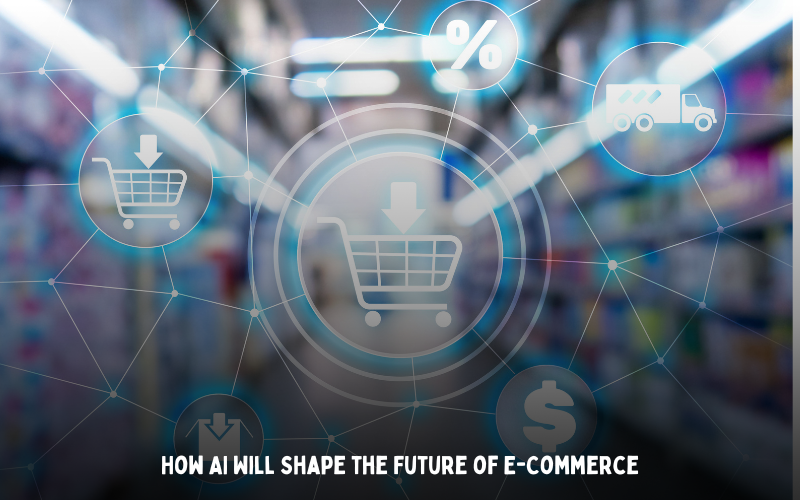The integration of Artificial Intelligence (AI) into e-commerce is not just transforming the industry; it’s revolutionizing the way brands interact with customers, streamline operations, and harness data. This comprehensive article explores the multifaceted impact of AI on e-commerce, offering insights into how businesses can leverage this powerful technology to drive innovation, enhance customer experience, and optimize their operations.
Why AI Matters in E-Commerce
AI technology has become a cornerstone in reshaping e-commerce, offering tools that significantly enhance decision-making processes, automate customer service, and personalize marketing efforts. Here’s how AI is set to redefine the e-commerce landscape and why businesses should adapt to this technological evolution.
AI-Powered Personalization
Transforming Customer Interactions
- Deep Learning for Personalized Recommendations: AI algorithms analyze past behavior to suggest products uniquely suited to individual preferences, increasing conversion rates.
- Actionable Tip: Implement AI-driven recommendation engines that dynamically adjust suggestions based on real-time interactions and feedback.
Optimizing Logistics with AI
Streamlining Supply Chain and Delivery
- Predictive Analytics for Inventory Management: AI forecasts demand trends, helping businesses maintain optimal stock levels without overstocking or understocking.
- Actionable Tip: Use AI to analyze seasonal trends and historical data to predict future product demands accurately.
Enhancing Customer Support
Automating Interactions and Improving Response Times
- Chatbots and Virtual Assistants: AI-powered bots handle routine inquiries instantly, providing a 24/7 support system without human fatigue.
- Actionable Tip: Deploy AI chatbots to manage frequently asked questions and customer service inquiries, freeing up human agents for more complex issues.
AI-Driven Marketing Strategies
Crafting Targeted Campaigns
- Data-Driven Insights: AI analyzes customer data to tailor marketing messages and optimize advertising spend.
- Actionable Tip: Integrate AI tools to segment audiences based on behavior and preferences, crafting personalized marketing campaigns that resonate with each group.
Overcoming Challenges in AI Adoption
Addressing Implementation Obstacles
- Skill Gaps and Integration Issues: Bridging the gap between existing e-commerce platforms and AI technology requires technical expertise.
- Solution: Invest in training for your team or partner with AI experts to ensure smooth integration and effective utilization of AI technologies.
Future Trends: AI in E-Commerce
What’s Next for AI and E-Commerce?
- Voice and Visual Search: Advancements in AI will make voice and image-based searches more prevalent, offering new ways for customers to find and interact with products.
- Augmented Reality Shopping: AI combined with AR can transform online shopping into an interactive experience by allowing customers to visualize products in their own space before purchasing.
Embracing AI for Competitive Advantage
Adopting AI in e-commerce is no longer optional but a necessity for businesses aiming to stay competitive in a digital-first world. By leveraging AI, companies can not only meet customer expectations for personalized, seamless experiences but also enhance operational efficiency and decision-making.
This article not only outlines the benefits and applications of AI in e-commerce but also provides actionable insights that businesses can implement to harness the full potential of AI technology, ensuring they remain at the forefront of the digital commerce evolution.

